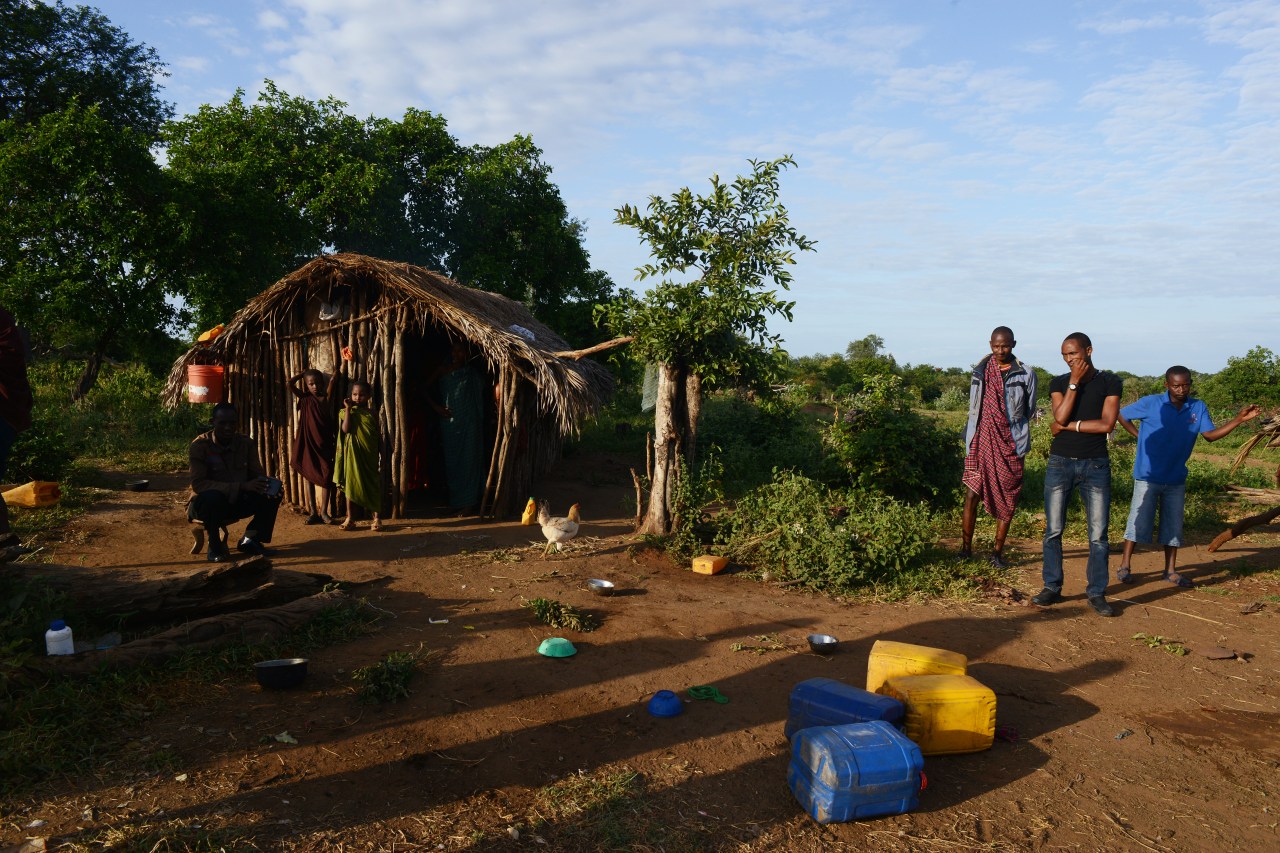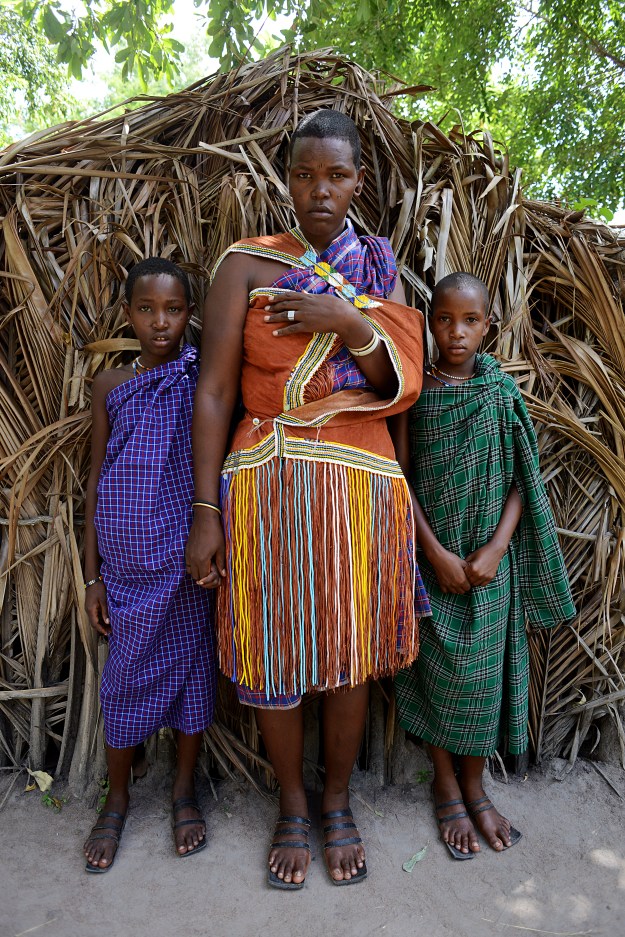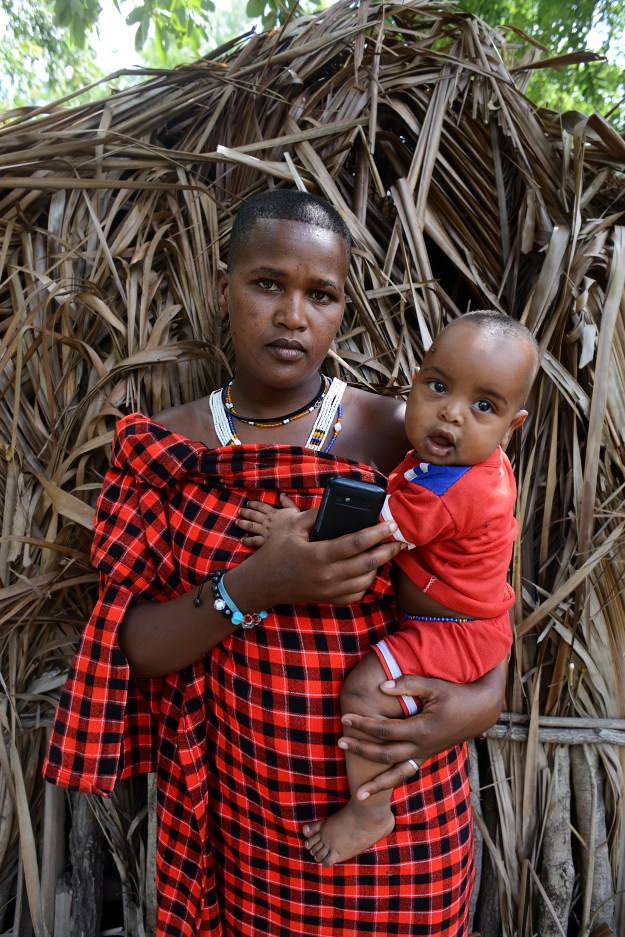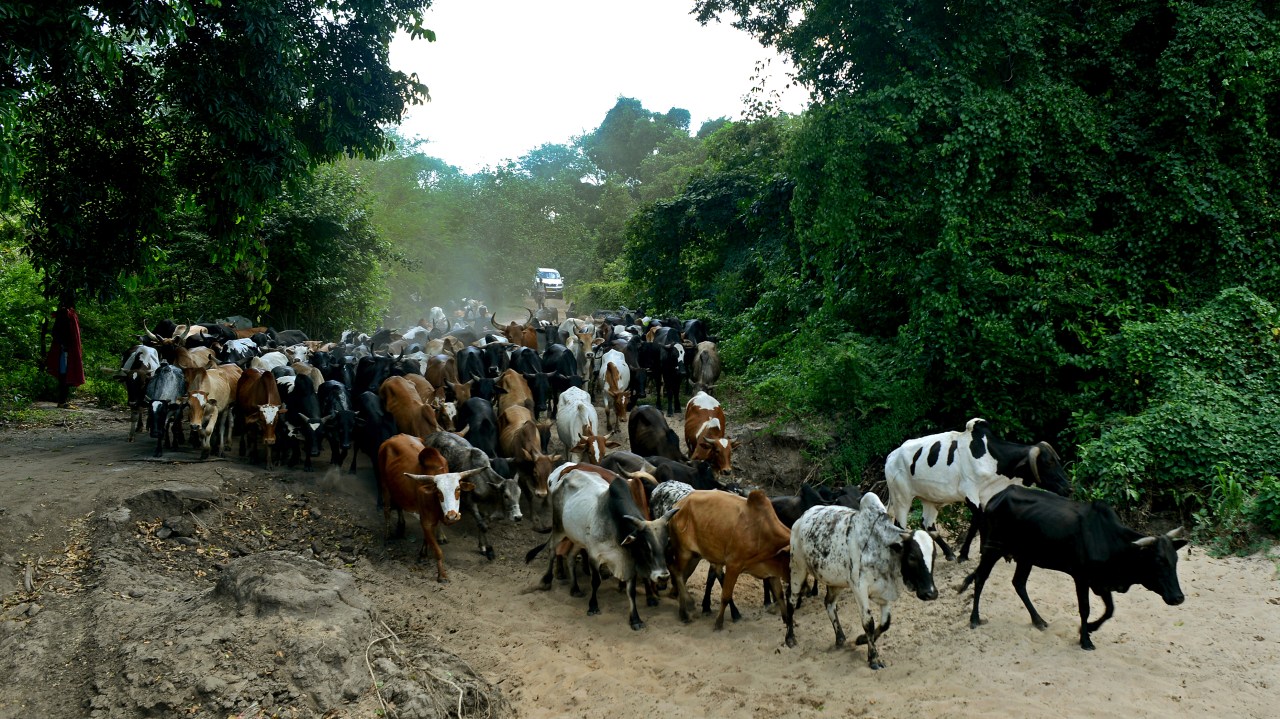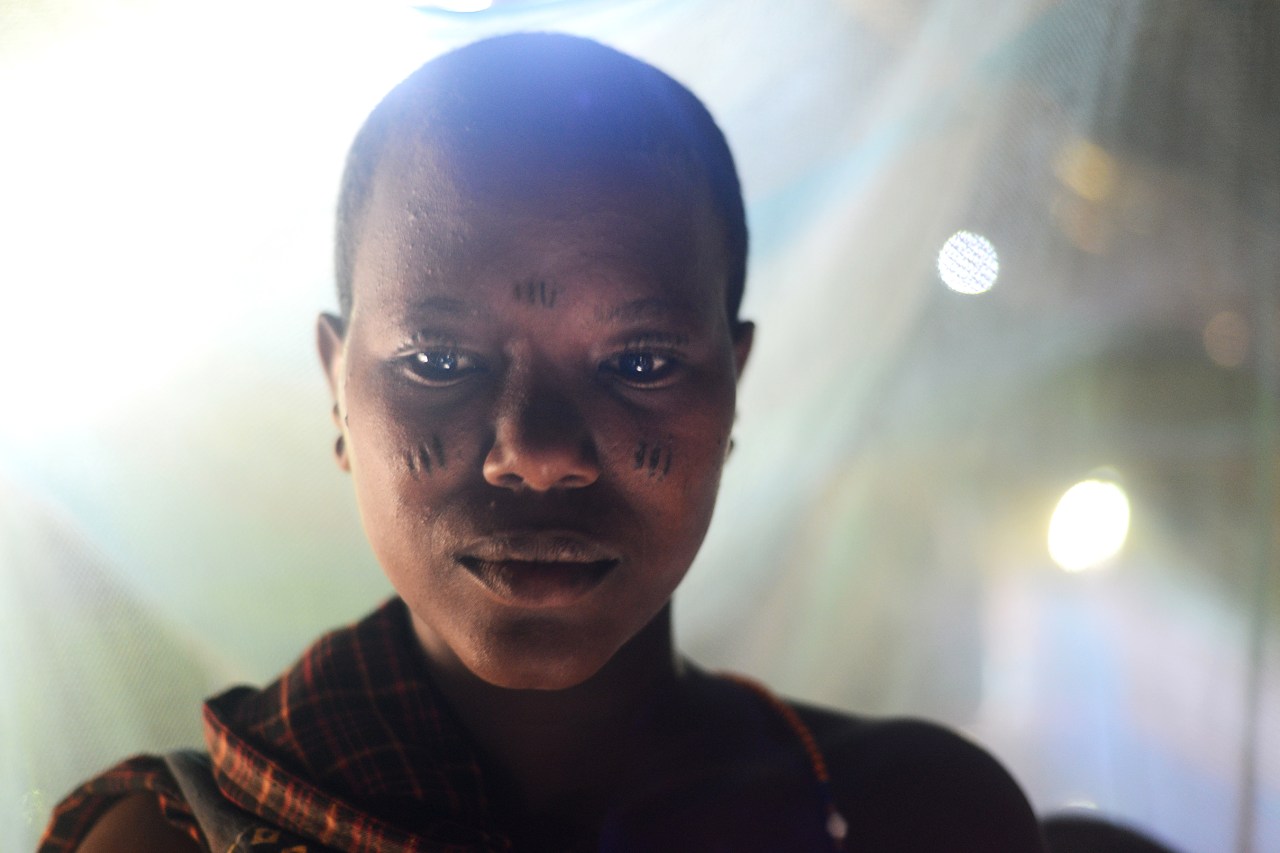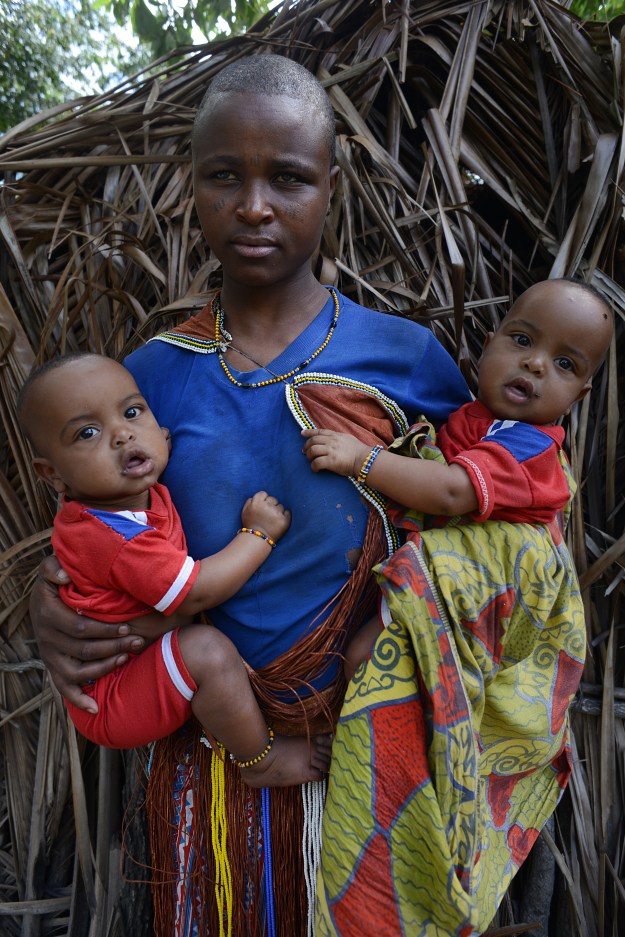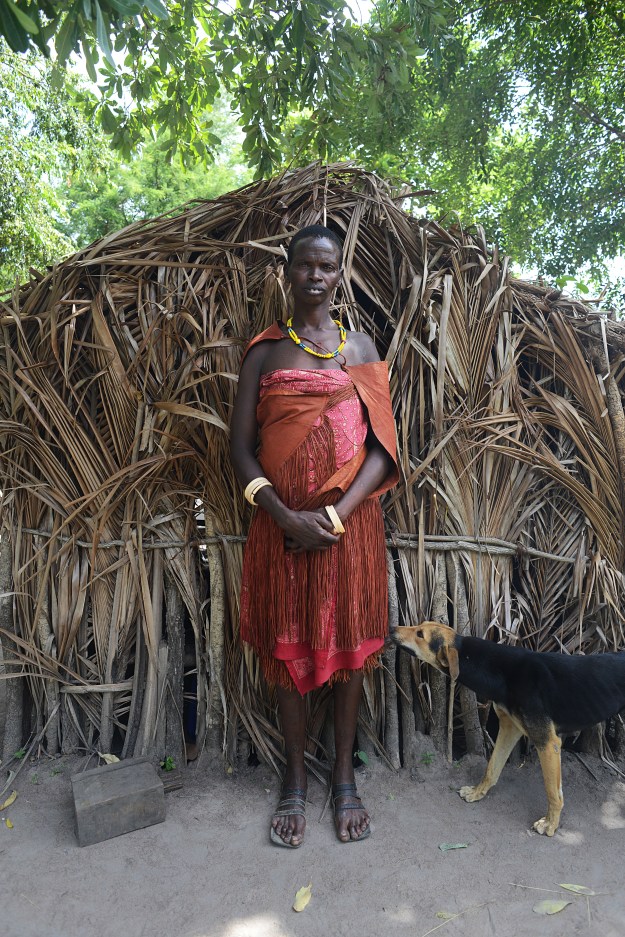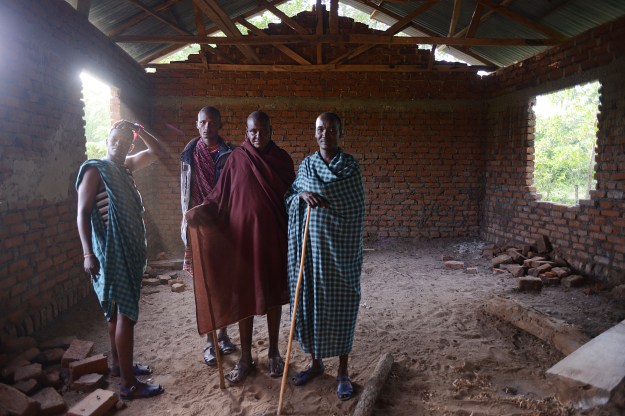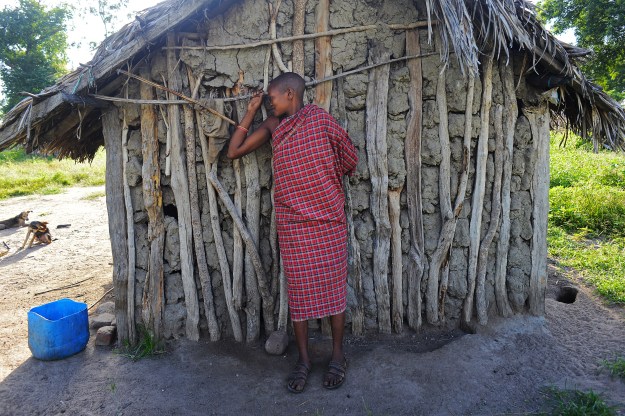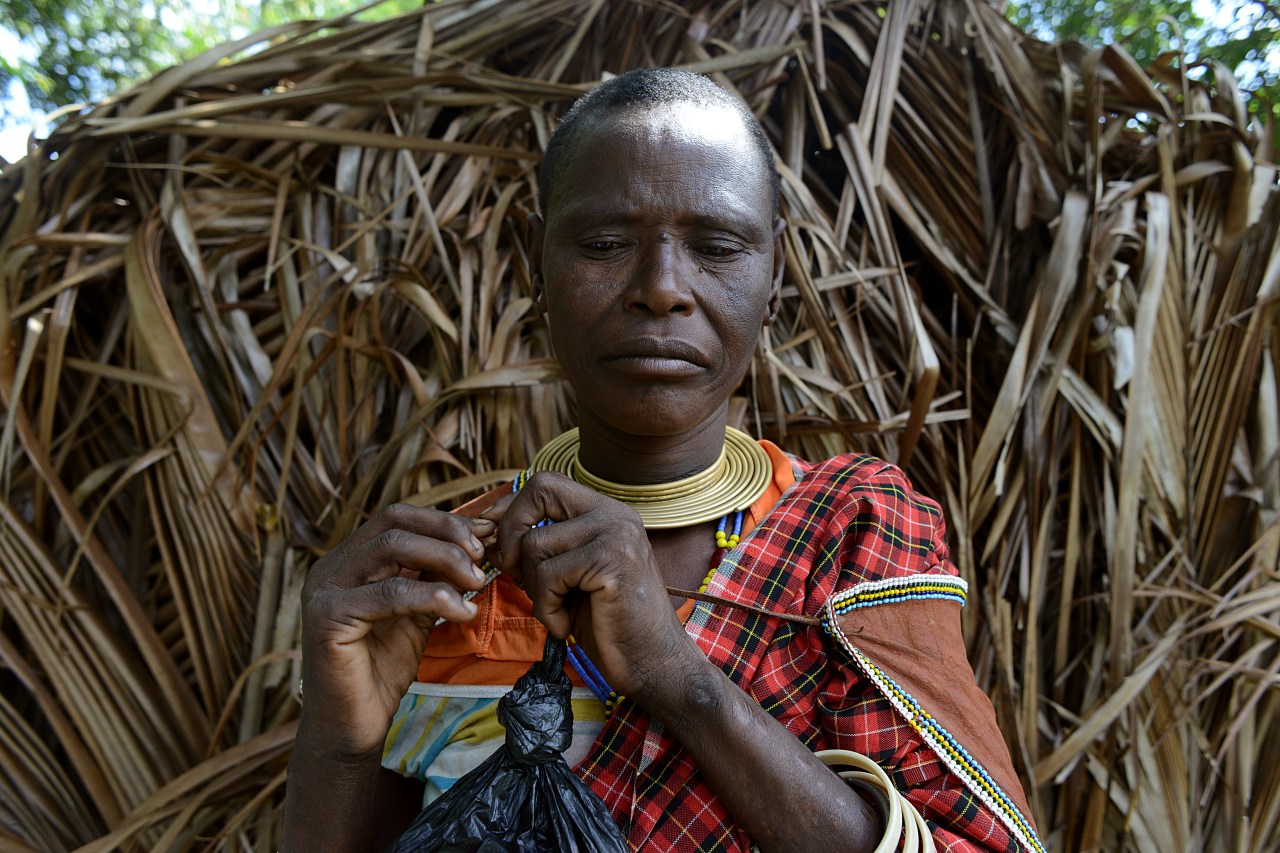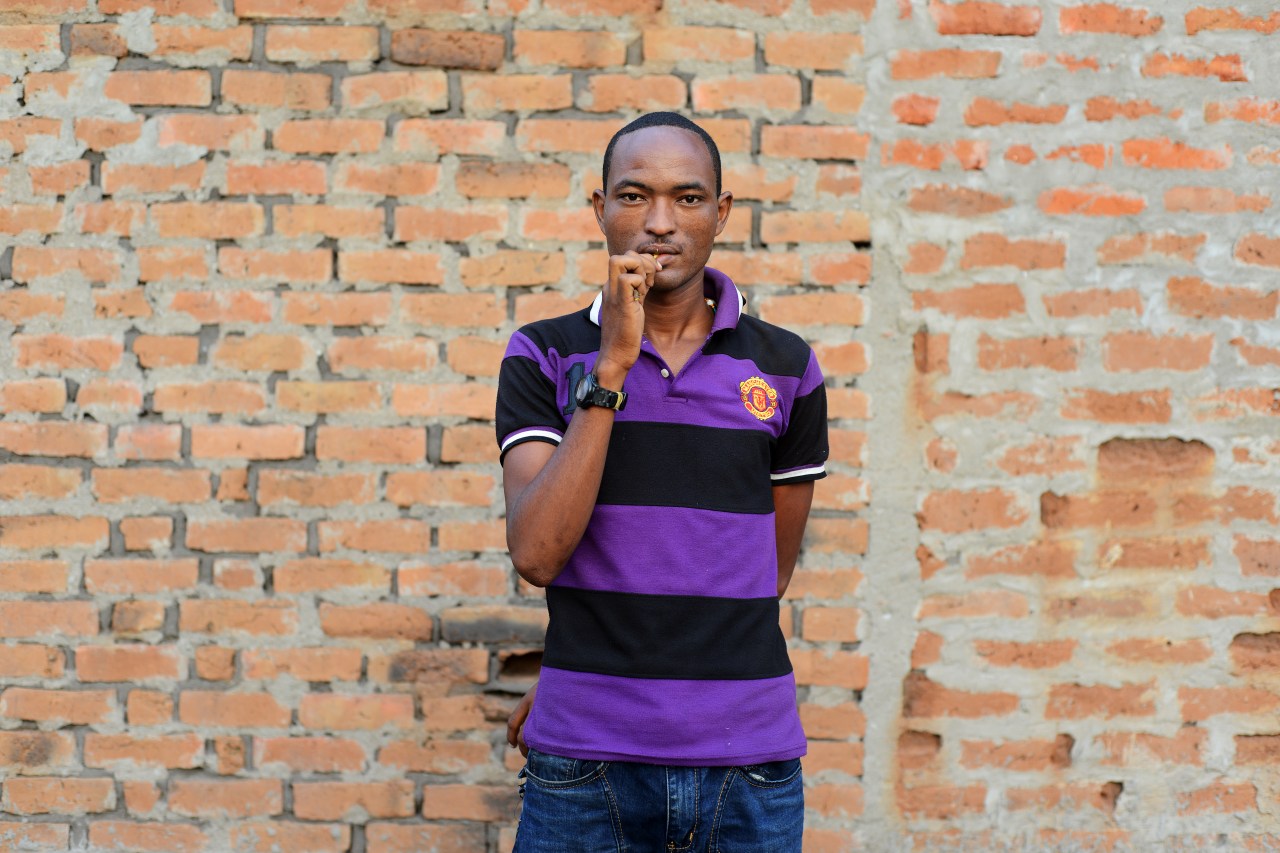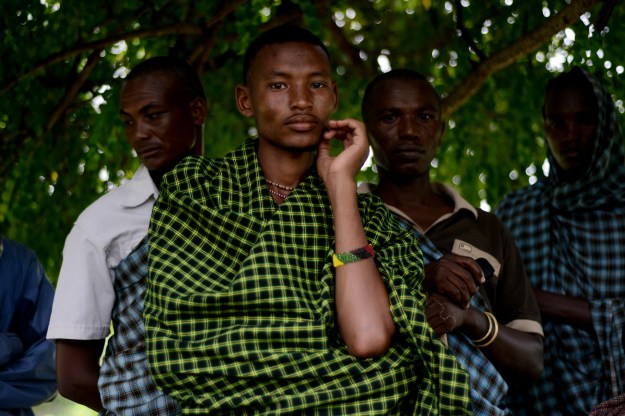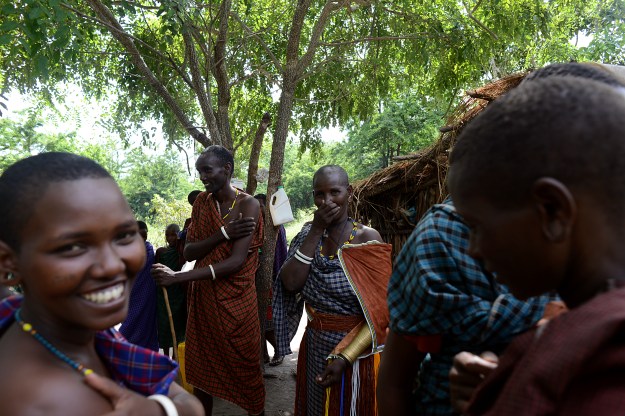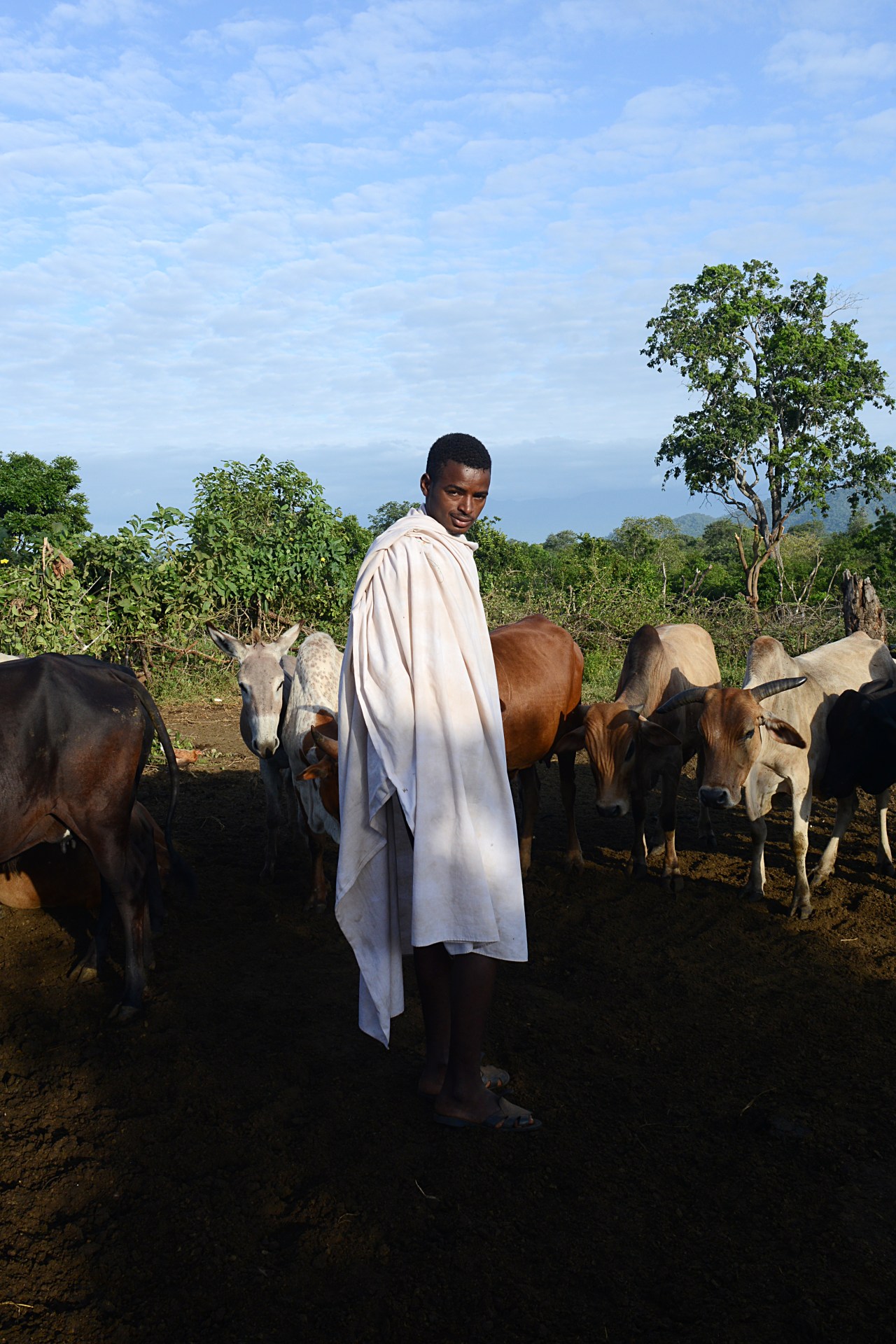Mariam Udamugh, whose name means “waiting to heal,” fingered the yellow beads around her neck. She thought back to the day a group of men shot six of her cows, one by one, as she watched from inside her boma.
“No word was exchanged,” said the 55-year-old woman. “From their green uniforms we think they were rangers. I was so upset.”
Udamugh belongs to the Barabaig tribe, a group of about 88,000 semi-nomadic pastoralists who come from the Hanang district in northern Tanzania. For centuries the Barabaig have served as custodians of the land they traverse. They consider themselves conservationists; their customs prohibit the killing of wildlife and damaging of trees or water sources. But in recent decades they have found themselves at the center of land disputes.
The Barabaig did not choose to settle in the village of Mkombani, where Udamugh lived until recently. For almost 50 years, the tribe has experienced state-sponsored evictions in Tanzania, beginning with “Operation Barabaig.” Designed to permanently settle the herders, the 1968 program forced families from their homes and seized their rangelands for tourism and commercial agriculture. In 1970, the government allocated over 98,000 acres of Barabaig grazing land in Hanang District to the Tanzania Canada Wheat Project without compensation or a resettlement plan. Following these and several more evictions, many Barabaig scattered to other parts of the country, living in and around villages as minorities.
The Barabaig challenged this land grab in 1981 on the grounds that Tanzanian law recognizes the customary right to land, and the Barabaig never gave consent to be moved as they were never informed of the plan. Initially, the Tanzanian High Court ruled in their favor with limitations, with the case acknowledging their rights under customary law. In 1986, however, the Ministry of Agriculture’s National Agriculture and Food Corporation (NAFCO) appealed. The judgment was overturned, allowing the expansion of the wheat project in the 1980s and increasing tension between the government and the Barabaig people. More displacement, evictions, and violence followed. The Ministry of Agriculture, Livestock and Fisheries declined to comment.
More than 300 miles to the southeast of Hanang, in the Mvomero District of the resource-rich Morogoro region, some Barabaig settled on an idle government ranch in the early nineties, according to local leader John Ligida. They lived undisturbed for over a decade, until being told that the land would be allocated to farmers for grazing in 2003. The Barabaig attempted a formal request for the land title but were denied. In 2012, the land and its surroundings were officially signed over to Mtibwa Sugar Estates, and bulldozers soon followed. Ligida and other Barabaig found themselves prodded into the tiny sub-village of Mkombani.
Wedged into a labyrinth of sugarcane and the tourism-centric protected areas of Mikumi National Park to the west, and Selous Game Reserve (a UNESCO site that has recently changed their boundaries to allow uranium mining) to the south, the Barabaig watched as uncultivated savannahs of baobab and acacia transform into a commercial wonderland for tourists and investors.
Mariam Udamugh arrived in Mkombani five years ago with her elderly mother and daughter. In a boma nestled at the foothills of the Uluguru Mountains, she and other Barabaig women gathered to tend to daily tasks; preparing ugali, tanning leather, and creating intricate beadworks to wear. A sense of community is often compromised by distance for the tribe, but in Mkombani, families now live close enough to call each other neighbors.
The women enjoy each other’s company, but when I met them in Mkombani in the summer of 2016 the situation was tense, and their future unclear. “We are not settling well here,” said Udamugh. “For decades, we move, come back, move, come back, chased by our government, the park rangers and farmers. We are tired. We are old. But the threats continue.”
The Mtibwa plantation that surrounds Mkombani makes the village difficult to access, except by bicycle or motorbike. At times, rogue groups, such as the infamous Mwano vigilantes who are hired to protect land cultivators’ interests, seize control of livestock and roads and demand bribes to pass. And even larger threats loom. The region is being touted by the Southern Agricultural Growth Corridor of Tanzania (SAGCOT), a government program launched in 2010 to promote economic growth in the country’s southern corridor, which covers a third of mainland Tanzania extending from the capital, Dar es Salaam, to the border with Zambia. Over a 20-year period, SAGCOT aims to convert 865,000 acres of land into commercial farmland. They estimate this would boost annual farming revenues by $1.2 billion and lift roughly 450,000 farming households out of poverty.
In March of 2016, the World Bank announced it had greenlit $70 million to support SAGCOT and “strengthen it by linking smallholder farmers to agribusinesses for boosting incomes and job-led growth.” But the project’s model, which contracts small-scale farmers, ignited boundary issues between farmers and pastoralists. Penned in between competing commercial interests, the Barabaig in Mkombani were considered invaders, fined for trespassing and threatened with eviction by corrupt local officials. The Tanzanian government has also been criticized for allowing the World Bank to opt out of an indigenous peoples’ safeguard policy which would recognize and protect the Barabaig.
Because of the lack of defined land boundaries, the pastoralists often found themselves unknowingly crossing farm lands or protected areas to access water. This led to reports of grave human rights violations by local rangers and militia groups like the Mwano vigilantes. A 2016 report by the International Working Group for Indigenous Affairs details beatings, torture, sexual assault, extortion, shooting of livestock, and in some cases, disappearance ending in murder.
At a May 2016 meeting of the local district council, villagers and Barabaig pastoralists, many were still reeling from an incident in December 2015 when the Barabaig in Mkombani say farmers began killing and wounding cows they said were encroaching on their farmland. Local officials stepped in, confiscating more animals. All told, about 100 cattle were lost. The Barabaig went after their cows, and police were wounded and a farmer killed in the scuffle. A pastoralist accused of the murder has gone missing.
“We cannot fight because we are outnumbered,” said Udamugh. To this day, she has not been compensated for her displacement. The complaint she made with the local authorities after her cows were shot was met with silence. “To the government, I say: ‘tell us where to go to have peace’.”
In September, the government officially destroyed and de-registered Mkombani. Pastoralists, as well as farmers, say they were evacuated without compensation to give space for the expansion of the Wami Mbiki game reserve. Reached by phone, Mvomero District Director Florent Kyombo confirmed the move, saying that the government has been moving several villages for the expansion of the Wildlife Management Area and that they have the legal right to do so.
Musa Kaseri Samhenda, an enterprising, energetic Barabaig man who ran a small shop in Mkombani when visited in May 2016, spoke by phone on Sunday in a state of dejection. “The police came with guns and pushed us all out,” he said. “My house is no longer in this world. My wife and children and I are living in tents in Kunke. We have hunger. I have a lot of hardship.”
According to Edward Gisawit, a Barabaig activist with Parakuiyo Pastoralists Indigenous Community Development Organisation (PAICODEO), the evicted community was given one month notice to leave. But with no place to go, they were eventually forcibly evicted without being able to bring any of their property. He said the police told them after the eviction they could go back and collect their things before demolition for a collective price of $1 million TZS ($450), which was unaffordable for the community.
Now the Barabaig are split between the neighboring farming village of Kunke, 6 miles away, and Pwani, about 60 miles away, where Gisawit said “clashes are expected to occur as the rainy season is approaching and farms will be cultivated.” Both Kunke and Pwani are in the SAGCOT Corridor.
Gisawit said members of the community sent a group of elders to speak with Kyombo to ask for alternative land, but he told them that everyone had to go back to where they came from before Mkombani. However, when reached by phone by Explore Parts Unknown, Kyombo said that there is land set aside for the Barabaig community, but he could not be specific about where that land was. Asked about limited land resources and the potential for conflict between farmers who need to cultivate crops and pastoralists who traditionally graze their cattle, he said “for now things are cool.”
Gisawit said the former Mkombani residents want to pursue legal action, but it’s more difficult now that the community is split. “Maybe the government is stronger than us in the end.”
